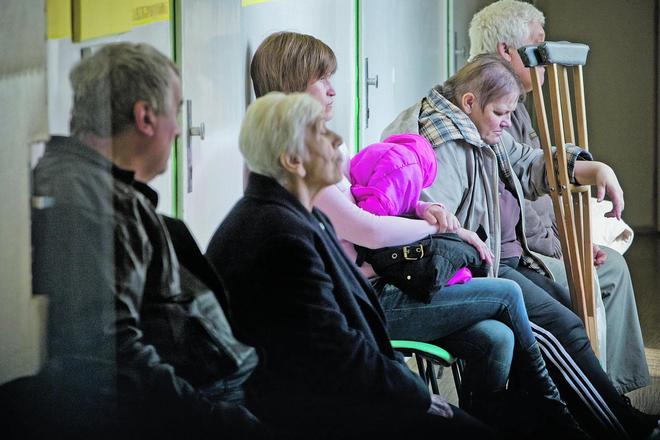Slovakia is still failing to reduce the number of people dying of cardiovascular diseases. Moreover, patients need to wait up to three hours when going to the doctors’.
As a result, Slovakia placed 23rd of 35 European countries surveyed by the Health Consumer Powerhouse organisation last year. Its position is better by one place than the year before, the Sme daily reported.
Despite some improvement, the Slovak health sector still lags behind the Czech Republic which placed 13th. It is the highest position of the Visegrad Group countries. The remaining two states, Hungary and Poland, placed worse than Slovakia.
The Health Consumer Powerhouse analysis suggests that people need to wait for more than three hours for examination in hospitals. As it is a much longer time compared with the European average, Slovakia received the worst evaluation in this field. The waiting period should be less than one hour, according to the Health Consumer Powerhouse’s standards.
Moreover, people also wait too long for bypasses and hip and knee joint surgery – up to 90 days.
The waiting periods at emergency departments, however, may become shorter as Health Minister Tomáš Drucker (Smer nominee) plans to introduce a €10 fee for treating patients with some non-serious health problems, Sme wrote.
The analysis also criticises Slovakia for a small drop in deaths due to cardiovascular diseases and stroke. Regarding the potential years of life lost indicator, Slovakia placed in the middle of the chart.
On the other hand, Slovakia belongs to the countries with a short waiting period for chemotherapy. After the doctor’s decision that treatment is necessary, as much as 90 percent of patients are treated in less than 21 days.
Moreover, the country publishes the lists of quality in hospitals and, compared with other European countries, patients have direct communication with specialists. This is limited, however, by the requirement to have a note from their general practitioner. The only exceptions are psychiatrists, dermatologists and eye doctors, Sme wrote.



 Illustrative stock photo (source: SME)
Illustrative stock photo (source: SME)